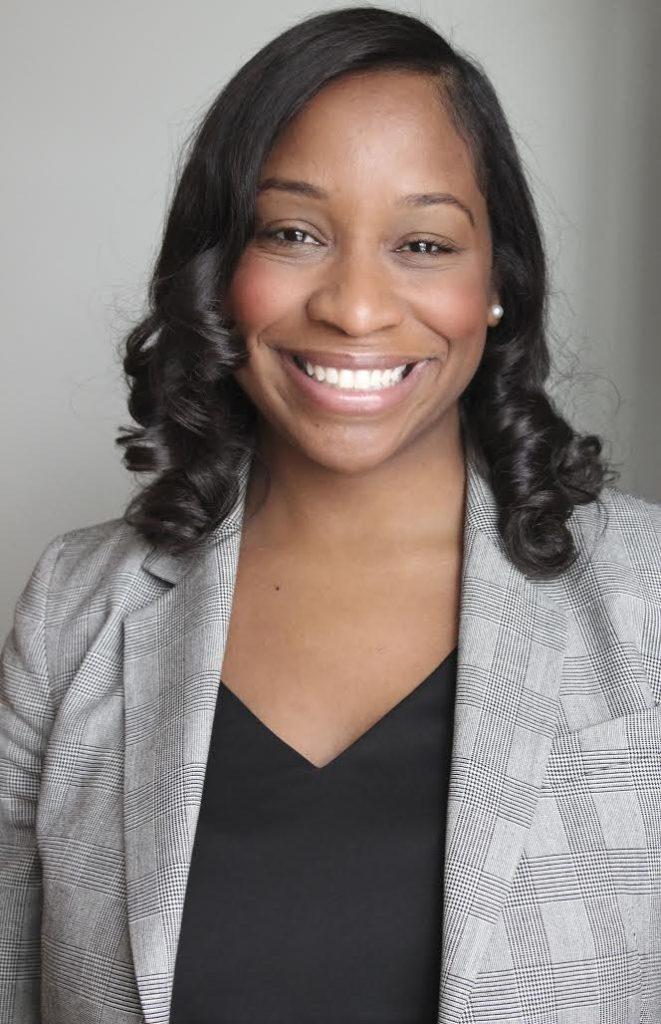By Sam Haas, city editor
New blood is coming to the Boston City Council following Tuesday’s municipal elections.
Andrea Campbell and Annissa Essaibi George, two women who have never held elected office, ousted longtime councilors Stephen Murphy and Charles Yancey, respectively, and their combined 45 years of experience.
Campbell beat out Yancey in District 4 – the seat covering Dorchester, Mattapan and parts of Roslindale and Jamaica Plain that the incumbent has held since the seat’s creation in 1983. George claimed the fourth at-large seat, ending a tenure that Murphy began in 1997.
In an election-night speech to a packed room at the Blarney Stone in Dorchester, Campbell extolled the energy and diversity of her supporters.
“I want everyone to take a moment to look around this room,” Campbell said from atop a table. “Every demographic you could imagine is represented, and that is freaking incredible.”
George and Campbell’s victories will double the number of women on the 13-member council to four. Their fresh perspectives and energetic campaigns likely contributed to their victories, according to Maurice Cunningham, a professor of political science at the University of Massachusetts Boston and Boston elections expert.
“It’s a little hard to foresee it because turnout often favors incumbents and the turnout here was so small, but sometimes the demographics outrun the politicians,” Cunningham said. “The people who won are young and energetic and excited the electorate.”
Campbell, a 33-year-old attorney who lives in Mattapan, began gathering support throughout District 4 in March by going door-to-door, engaging with residents and raising funds. She defeated Yancey by a 62-38 margin, according to unofficial election results from the Boston Election Department.
Campbell’s enthusiastic, personal approach won over voters, according to Ric Yoder, a 68-year-old District 4 resident who became a campaign volunteer after multiple interactions with Campbell.
“We have a two-hour tour we give in the neighborhood… She was one of the first to go out with us,” Yoder said. “She has this ability that’s very unique: when she’s talking to you, you’re the only one who matters.”
Campbell’s election night speech reflected the tenets that drove her campaign.
“The real hard work now begins, to truly move the needle on issues that this community needs the needle moved on – education, improving the quality of schools in this community, affordable housing, making sure that our seniors feel connected and feel like they’re not alone,” Campbell said. “There’s a lot of work we have to do.”
Campbell’s platform, including a detailed plan laid out on her website, focuses on affordable housing, schools, safety and improving constituent services. Many residents had become frustrated with a perceived lack of support from Yancey, according to Yoder.
“Councilors [Michelle] Wu and Murphy have been very responsive to us,” Yoder said. “But they’re at-large – we had to go at-large. Why?”
In the at-large race, 41-year-old George, who has taught at East Boston High School since 2001, bested Murphy for the final available seat by about 3 percent. The result represented a reversal of 2013, when Murphy withheld George in her first-ever campaign.

Photo courtesy Annissa Essaibi George, Twitter
This time, George focused prominently on reforming and revitalizing Boston Public Schools. The platform earned her the endorsements of the Boston Globe and Attorney General Maura Healey, among others.
“I’m so ready to get to work,” George said in a statement after polls closed. “We’re going to work to improve our schools. We’re going to work to talk about what’s great in our schools. We’re going to improve our small business districts and strengthen our small business districts.”
Ayanna Pressley led the at-large pack with 24.2 percent of votes, winning her fourth term on the council. The 41-year-old from Dorchester has become a strong advocate for women and children during her tenure.
Close behind Pressley was 30-year-old Michelle Wu, who secured her second term with 22 percent of the vote. Wu has positioned herself as a focused councilor, aiming to bring improvements to the city in multiple areas.
“I believe we can lead as a national model of an inclusive innovation economy that connects all of our neighborhoods and communities,” Wu wrote on her website. “I believe we can serve as an example of an urban public education system that creates meaningful pathways for all our students, and I believe that all of this depends on a foundation of strong, vibrant, local engagement in each of our neighborhoods.”
46-year-old Michael Flaherty captured his seventh term by finishing third in the at-large race with 20 percent of the vote.
Elsewhere, sleepy races were compounded by weak voter turnout numbers. Just over 50,000 people cast ballots, a scant 13.6 percent of Boston’s nearly 373,000 registered voters.
“[Turnout] always is bad,” Cunningham said. “People don’t connect up with the offices as well as they might… I think there’s something of an overload, and [local elections are] not in front of people because the media doesn’t cover it much.”
Councilors Frank Baker (District 3), Tito Jackson (District 7) and Timothy McCarthy (District 5) all soundly defeated challengers.
Five others all won re-election without a fight: Salvatore LaMattina, Bill Lineman, Matt O’Malley, Josh Zakim – whose District 8 seat includes Northeastern University’s campus – and Mark Ciommo faced no challengers in their districts.
While newcomers George and Campbell may have temporarily upset the balance of power at City Hall, their new perspectives won’t be a bad thing, according to Cunningham.
“The city is clearly changing, and I think politicians need to recognize that,” Cunningham said. “We’re looking for bright new leaders, and I think these two are ones to watch in the future.”
Alexandra Aclopue, a 27-year-old Dorchester resident, expressed similar sentiments at Campbell’s election night party.
“I liked [Campbell’s] message,” Aclopue said. “I’m feeling so inspired… I’m excited to be a part of the [city’s] journey going forward.”
Photo courtesy Katie Prisco-Buxbaum









